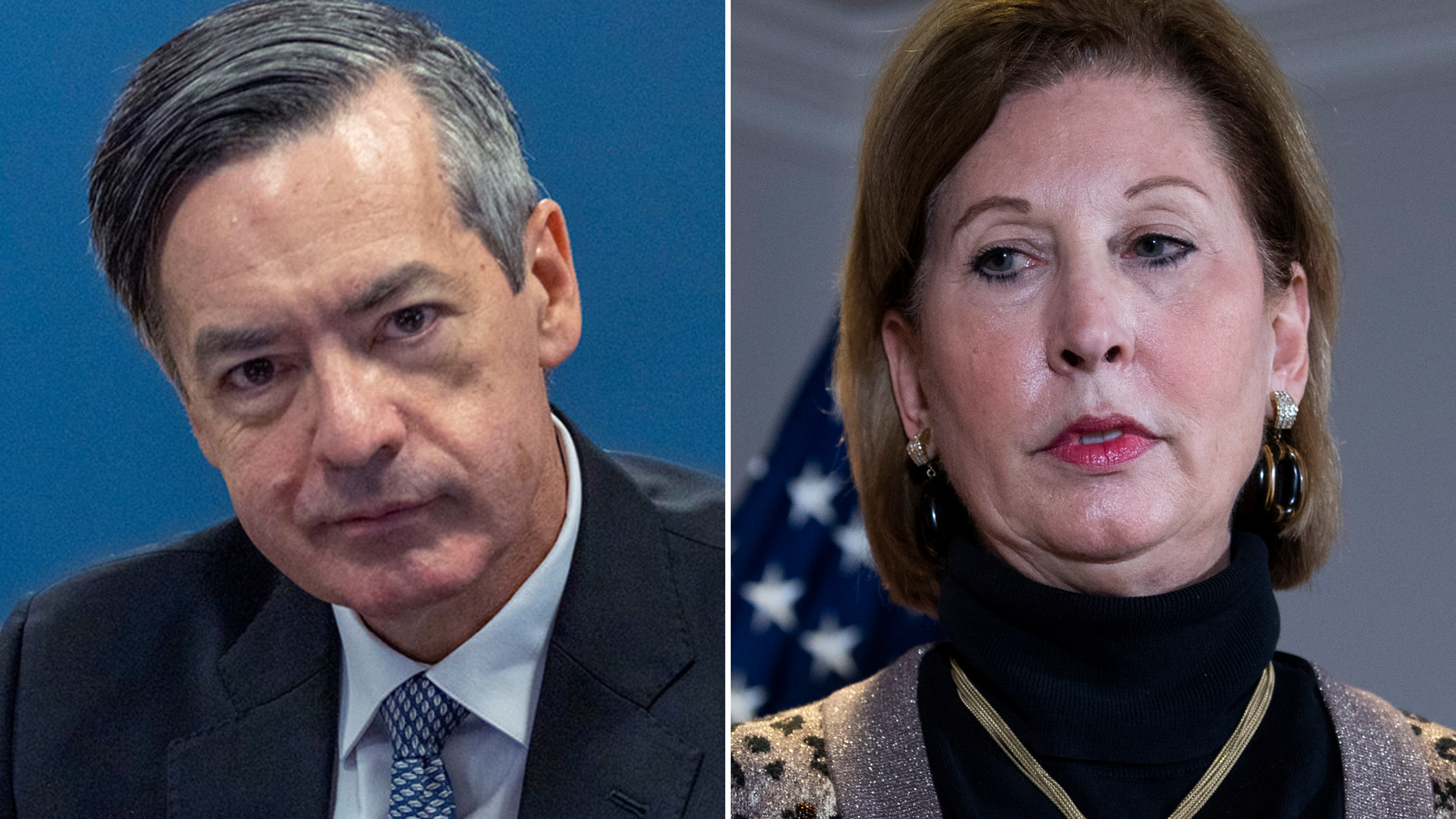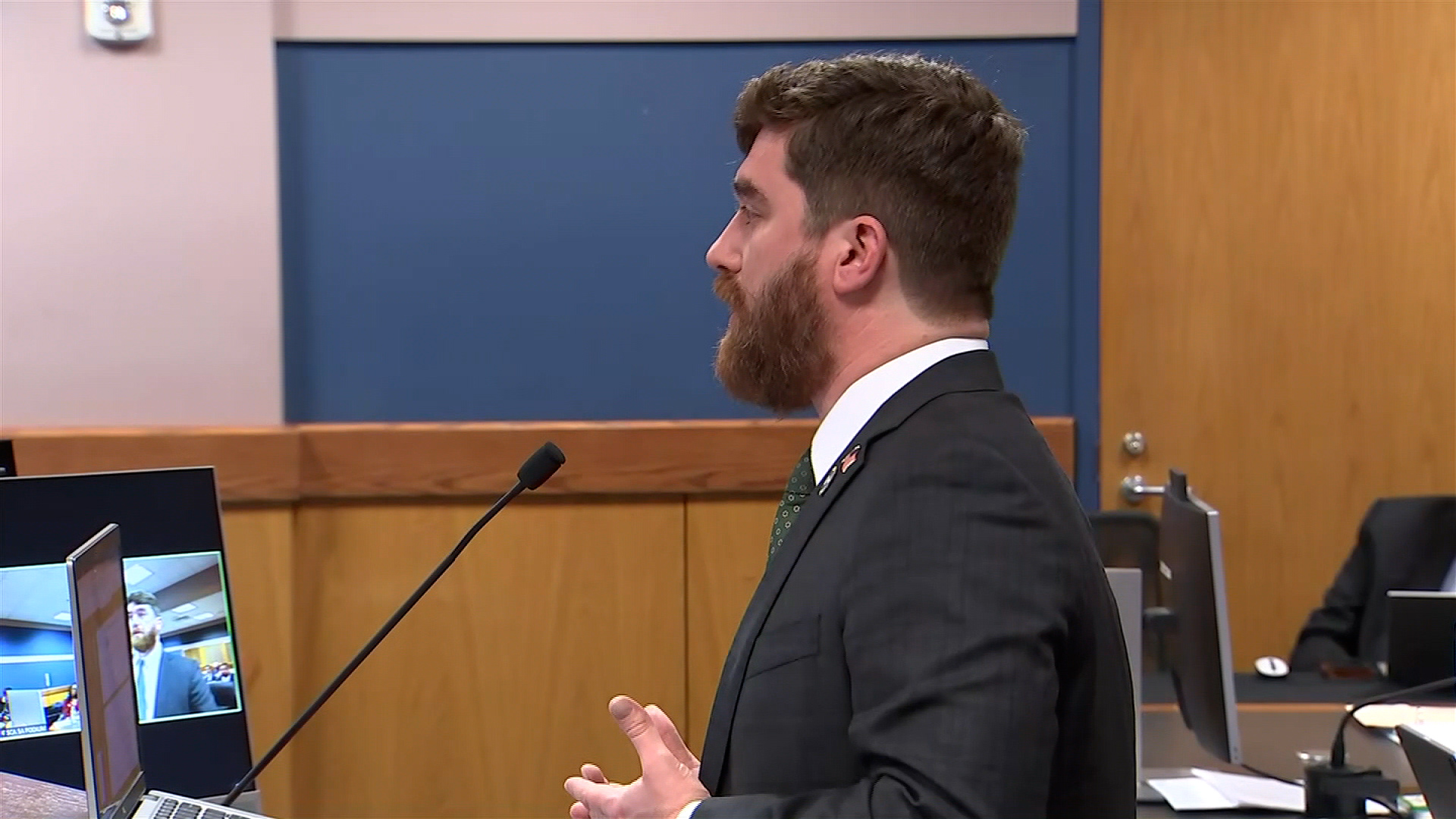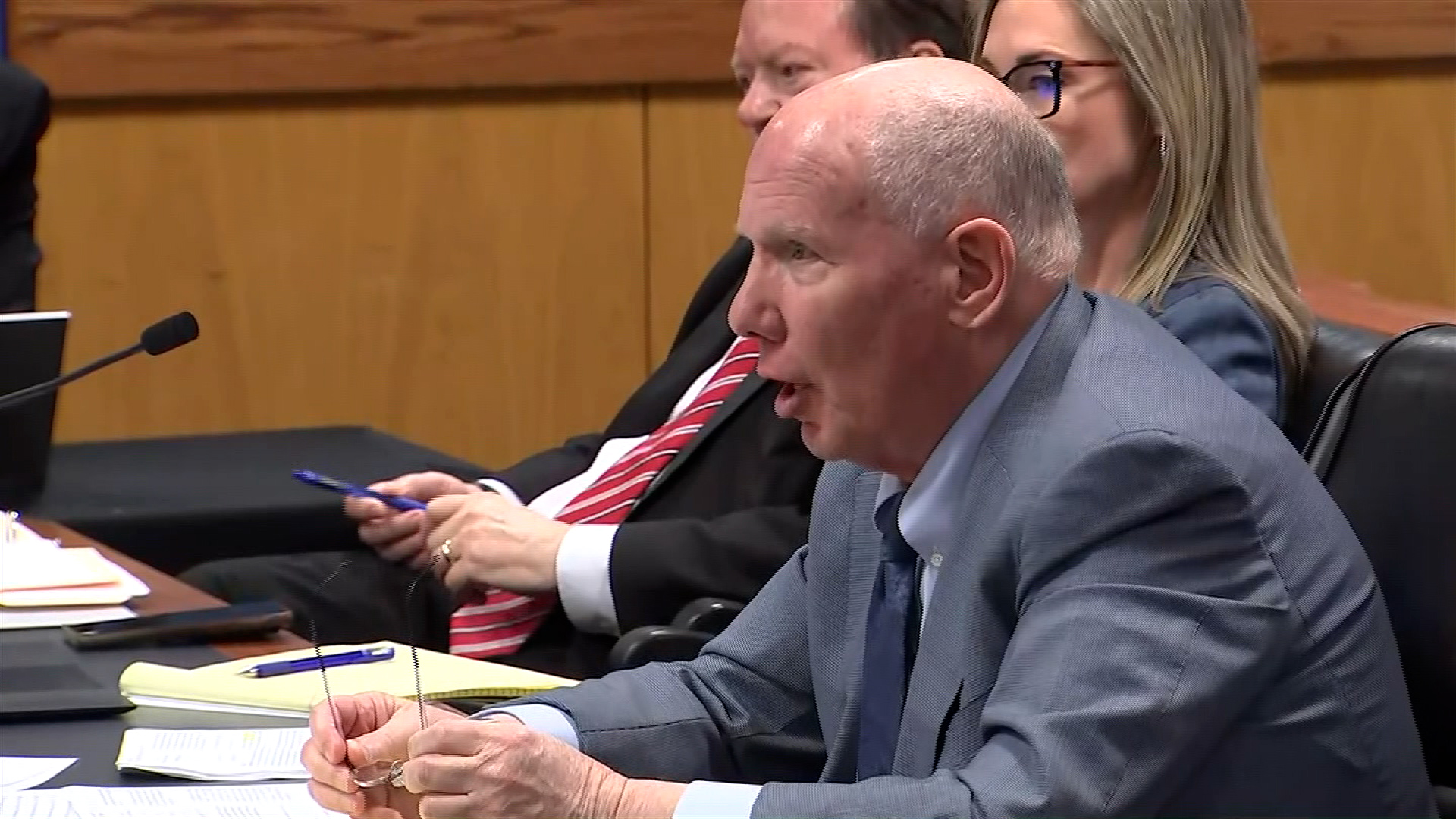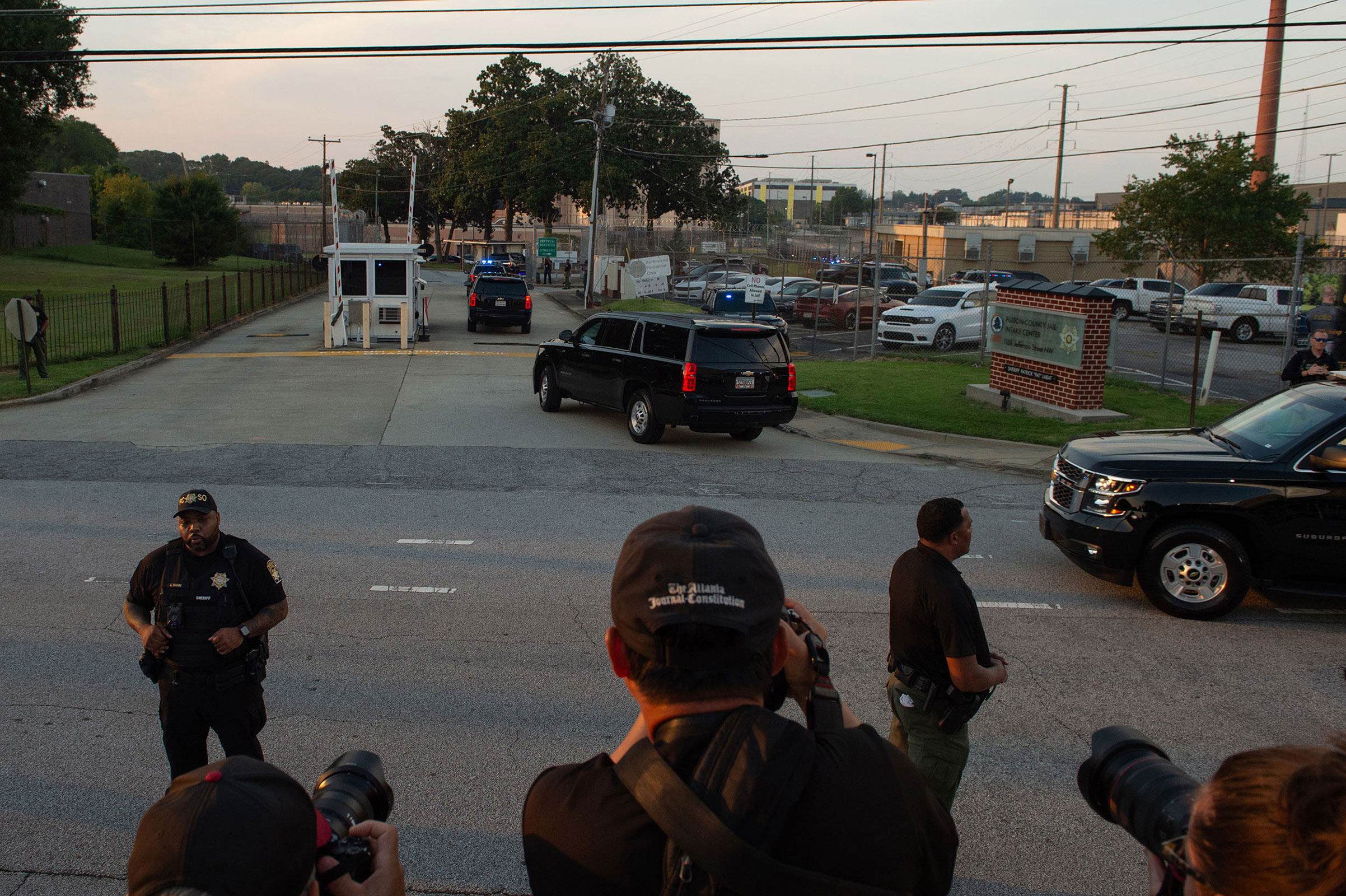An attorney for one of the alleged fake electors in Georgia made several arguments in an effort to get charges in the election subversion case dismissed, including over who was a "duly" appointed elector for Georgia after the 2020 election.
Craig Gillen, an attorney for David Shafer, the former chair of the Georgia Republican Party who allegedly acted as a 2020 fake elector in the state, disputed the allegation in the indictment that Shafer was not a “duly” appointed elector.
In December, when Shafer and others allegedly submitted a false document claiming to be Georgia electors, declaring Trump had won Georgia, “there were no duly elected and qualified presidential electors from the state of Georgia,” Gillen argued Thursday.
Gillen also put forth an argument that other co-conspirators have also raised in the case: that they were merely following legal advice. In his court filing on the matter, Gillen wrote that Shafer was “attempting to comply with the advice of legal counsel” and trying to follow the law that governs the electoral count when he submitted the allegedly fake document declaring Trump had won the state.
Gillen also has argued that, under the law, Shafer never acted as a “public officer,” as the indictment alleges and pushed back on the notion that Shafer committed forgery in signing the elector document.







